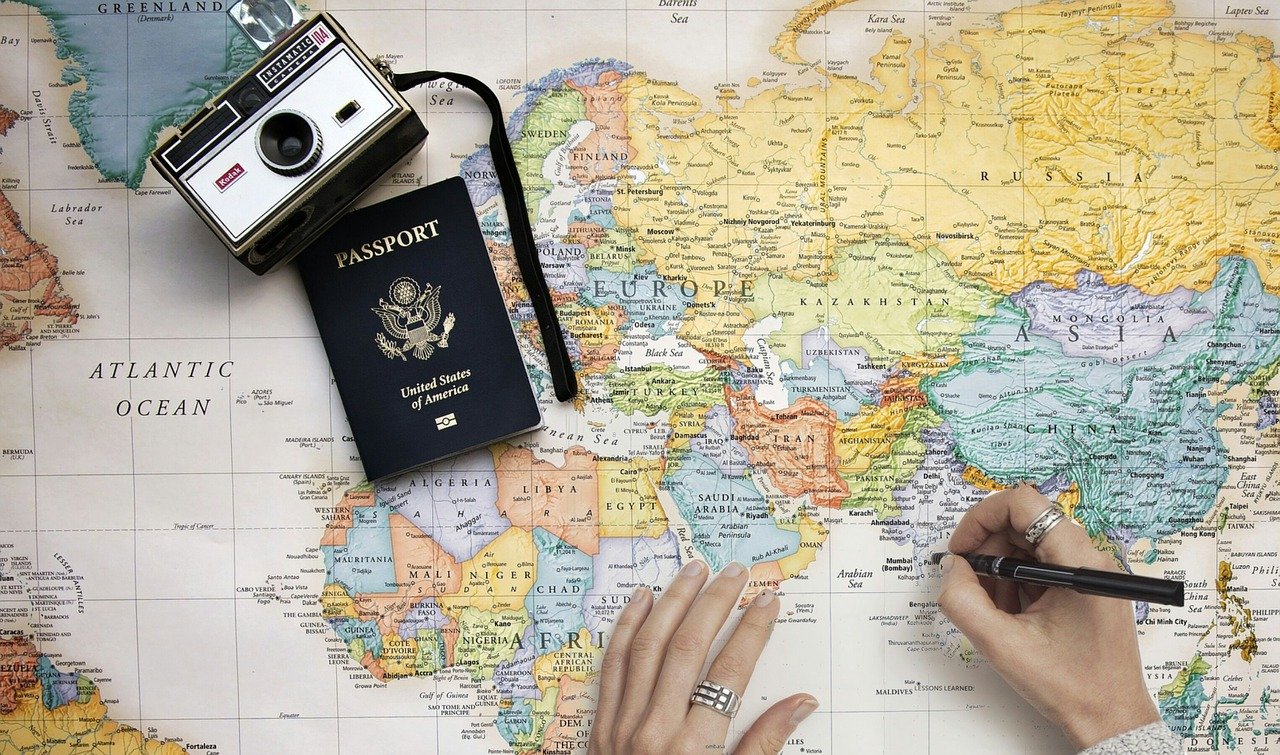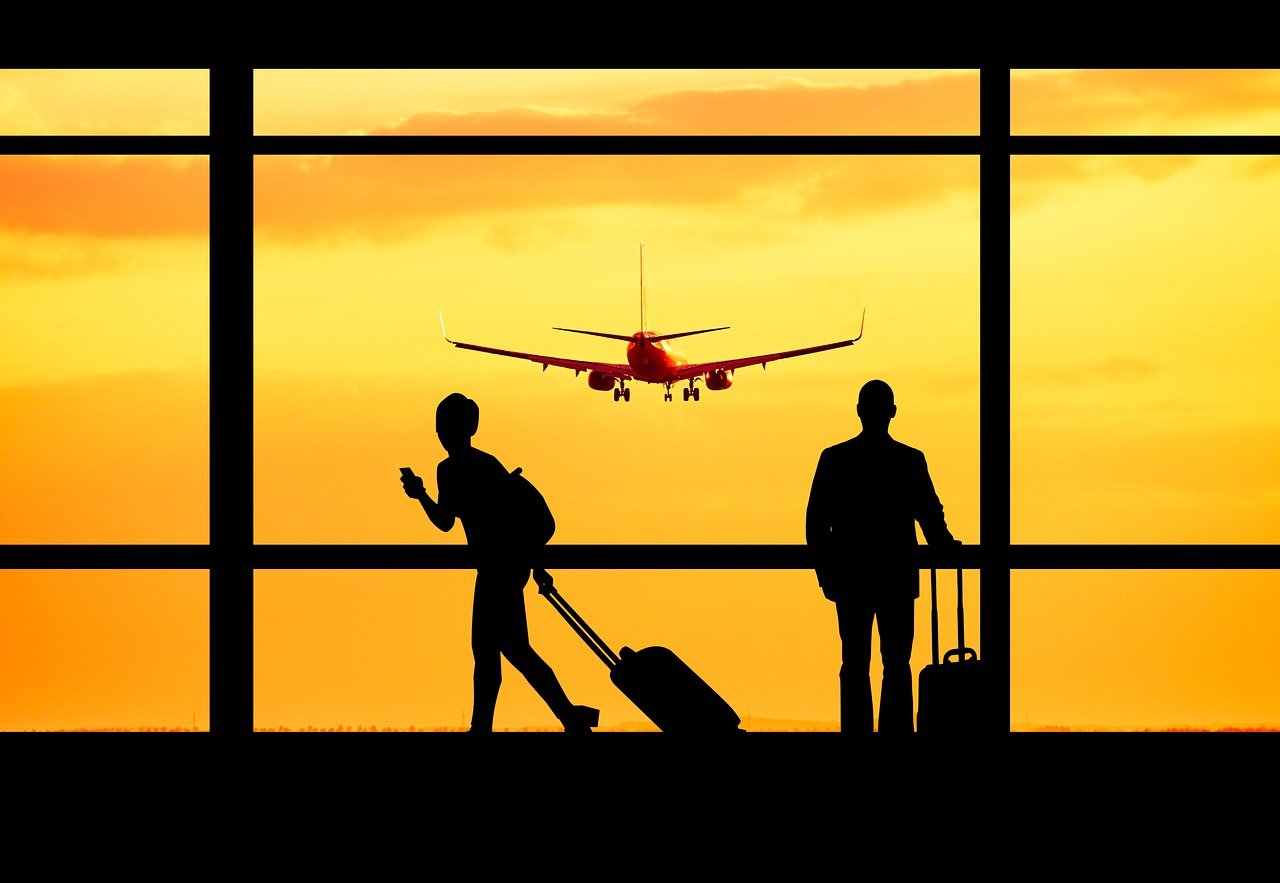
The crisis caused by COVID-19 came unexpectedly and changed many aspects of modern life. In tourism, the effects were no different and to survive, companies have had to adapt and identify opportunities. Travellers are no longer looking for the same things as before. CESAE Business & Tourism School has highlighted that post-COVID tourists have become more demanding, therefore, besides comfort and services, they are now looking for other factors such as hygiene or social distancing, while still enjoying as before.
In Europe, countries have slowly reopened their borders, allowing tourists from a list of countries considered to be safe to enter. With the good rate of vaccination in most countries, the situation is expected to be normal by summertime. Moreover, the European Union has taken one more step forward by approving the “COVID passport” that will allow the elimination of restrictions between member countries.
There has been a development of reservations made in hotels from April to May, in which they have increased notably in the first week and are expected to continue the trend in the coming months.
According to surveys carried out by REBOL, travellers from the United Kingdom, Spain, and Germany faced with the question of when they will plan to travel again, the majority of Spaniards, 23%, say they will do so when infections begin to decrease nationally. For its part, 15% of the United Kingdom will do so when they decrease internationally, and in Germany, 19% affirm that it will be when the government of the destination country removes travel restrictions.
To other questions such as “What will be important for 2021 when hiring the following services: the price or safety measures?”, answers to cultural visits and leisure activities take on special importance for safety and health measures, while in the reservation of accommodation the offers continue to be valued more in the prices.

Although the situation remains uncertain, tourists are showing their desire to get outside. This will act as an engine that will drive the tourism industry. Here we will detail some of the most popular trends after the end of the state of alarm in Spain:
First, customers will seek flexibility. Being able to change the dates of your trip at no cost is an added bonus for travel agencies, transportation companies, and accommodation. People no longer want to book without the guarantee that their trip can take place. Therefore, the second trend will be last minute reservations; trips planned a few days before the date to make sure they will be able to do them.
Another fundamental aspect will be to have a cancellation policy. No traveller wants to lose their money, and will need to feel confident and have transparency when it comes to a possible refund, change, or cancellation. Undoubtedly, another of the main focuses will be on safety and hygiene, they will look for facilities that ensure characteristics such as a deep cleaning, disposition of disinfectant gels, or constant air renewal. Some search portals such as Booking already offer the option of filtering accommodations that have these measures.
With the pandemic, the travel sector is proving to be a pioneer in many technological advances. Starting with payments with contactless technology to virtual assistants at your disposal throughout your stay. Airports and airlines have been quick to implement this, allowing passengers to check-in, drop off their bags, go through security, and board their flight contact-free.
Lastly, REBOLD organised a Meet Up dedicated to the travel and tourism industry, in which they stated that consumers strongly focus on the social pillar of sustainability when traveling, showing strong levels of willingness to support locals.
By: Alicia Díaz

